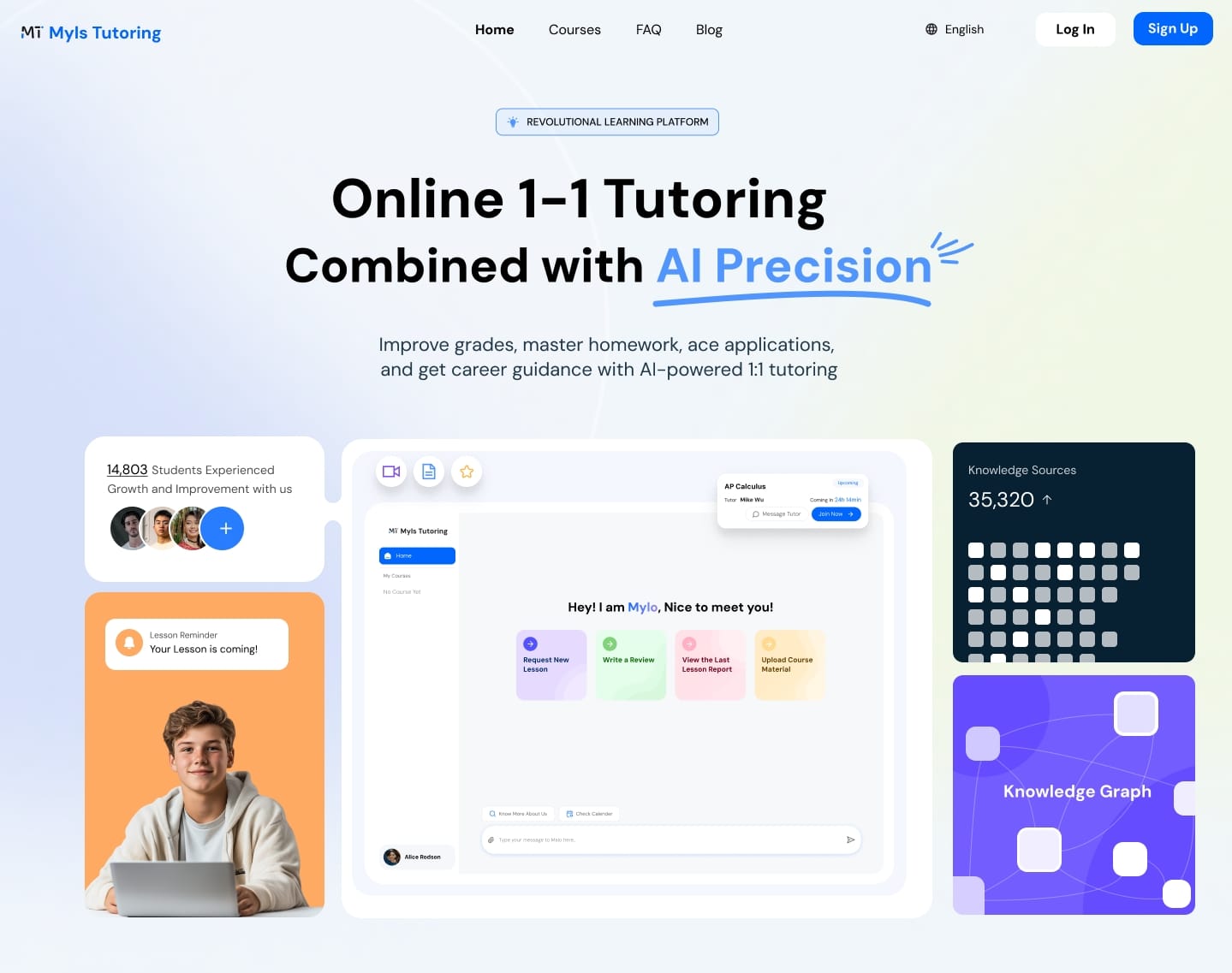The Parent’s Guide to Supporting Homework Without Hovering
Parents want to help, but hovering over homework can backfire. This guide offers strategies to support your child’s academic growth—without overstepping. Learn how to build structure, coach independence, and partner with tutors to foster lasting learning skills.

As a parent, watching your child struggle with homework can be frustrating and emotional. You want to help—but where’s the line between being supportive and being overbearing? Research shows that while parental involvement is important for academic success, excessive control or micromanagement (often called “helicopter parenting”) can hinder a child’s motivation, autonomy, and confidence[^1^].
So how can you support your child’s learning without taking over? This guide walks through practical, research-informed strategies to encourage productive homework habits while respecting your child’s growing independence.
1. Create a Consistent Homework Routine
Children thrive on routine. Establishing a consistent time and place for homework builds structure, reduces procrastination, and limits last-minute panic. Choose a time that aligns with your child’s energy levels—right after school works for some, while others need a short break before jumping in.
The workspace should be quiet, comfortable, and free from distractions (yes, that includes phones). Providing a consistent setting signals that it’s time to focus, not multitask.
🔗 Supporting reference: The National Association of School Psychologists recommends consistent routines and environments to support executive functioning and self-regulation[^2^].
2. Be a Coach, Not a Commander
Rather than hovering with corrections or jumping in with answers, shift into a coaching role. Ask guiding questions like:
- “What’s your plan for tackling this assignment?”
- “Where do you feel stuck?”
- “What strategies have worked for you in the past?”
This promotes metacognition—thinking about one’s own thinking—which research shows is essential for developing lifelong learning skills[^3^]. When students learn to reflect, plan, and evaluate their own work, they build self-reliance and resilience.
3. Focus on the Process, Not Just the Result
Praising your child for effort, persistence, and strategy rather than just the final grade encourages a growth mindset. Statements like “You really stuck with that problem even when it was tricky” reinforce the value of grit and problem-solving.
Psychologist Carol Dweck’s research on mindset shows that focusing on effort over outcome helps students embrace challenges and recover from setbacks more easily[^4^].
4. Let Them Struggle a Bit
It can be hard to watch your child wrestle with a tough math problem or blank essay page. But learning happens in the struggle zone. If you rescue too soon, you rob them of the chance to build problem-solving skills and confidence.
Allow productive struggle—but be available as a resource. You might say, “Try a few steps on your own first. I’m here if you need.”
5. Stay in Touch With the Teacher (Without Micromanaging)
If your child is consistently confused by assignments or seems to be falling behind, a quick check-in with the teacher can clarify expectations and signal your support. Teachers can offer context and suggest strategies for helping at home.
But avoid sending daily emails or stepping in to “fix” every misunderstanding. Trust your child to build their communication and self-advocacy skills over time.
6. Encourage Breaks and Balance
Long, uninterrupted homework marathons aren’t just exhausting—they’re ineffective. Research shows that short breaks during study sessions can actually improve focus and retention, especially for younger students[^5^].
Encourage the Pomodoro Technique (25 minutes of work, 5-minute break) or movement-based breaks like stretching or walking. Remind your child that rest is part of productivity.
7. Know When to Bring in Extra Help
Sometimes, the best way to step back is to bring someone else in. If homework battles are becoming emotional or your child is falling behind despite your support, an outside tutor may be the answer.
A good tutor provides structure, encouragement, and accountability—without the emotional weight that can sometimes accompany parent-child homework time.
How Myls Tutoring Helps Families Strike the Right Balance

At Myls Tutoring, we understand the challenge parents face: you want to help your child without hovering, nagging, or turning homework into a daily battle. That’s why our approach is built on partnership.
✔️ Expert Tutors Who Understand School Expectations
Our online tutors are trained in Ontario, AP, IB, and standardized curriculum standards. Whether your child is in Grade 5 or preparing for university interviews, they’ll receive support that aligns with academic expectations—not just generic help.
✔️ Customized Learning Plans That Reduce Parent Pressure
We assess your child’s strengths, challenges, and goals to create a personalized learning plan. This takes the guesswork out of how to help—and allows you to focus on being a supportive parent, not the nightly homework monitor.
✔️ Progress Updates That Keep You in the Loop
You’ll receive regular feedback on your child’s growth, so you can stay involved without stepping in. Our tutors communicate with both students and parents to ensure transparency and teamwork.
✔️ Confidence-Boosting Sessions That Build Independence
We teach students how to manage their workload, approach unfamiliar problems, and develop study strategies—so they grow more capable and confident over time.
📚 Ready to stop hovering and start supporting?
Book your 30-minute trial at Myls Tutoring and see how personalized, expert-led support can help your child thrive—without turning homework into a battlefield.
References
[^1^]: Grolnick, W.S. & Slowiaczek, M.L. (1994). Parents’ Involvement in Children’s Schooling: A Multidimensional Conceptualization and Motivational Model. Child Development, 65(1), 237–252. https://doi.org/10.2307/1131378
[^2^]: NASP. (2019). Helping Children at Home and School II: Handouts for Families and Educators. https://www.nasponline.org
[^3^]: Zimmerman, B.J. (2002). Becoming a Self-Regulated Learner: An Overview. Theory into Practice, 41(2), 64–70.
[^4^]: Dweck, C.S. (2006). Mindset: The New Psychology of Success. Random House.
[^5^]: Karpicke, J.D. & Blunt, J.R. (2011). Retrieval Practice Produces More Learning than Elaborative Studying with Concept Mapping. Science, 331(6018), 772–775. https://doi.org/10.1126/science.1199327



